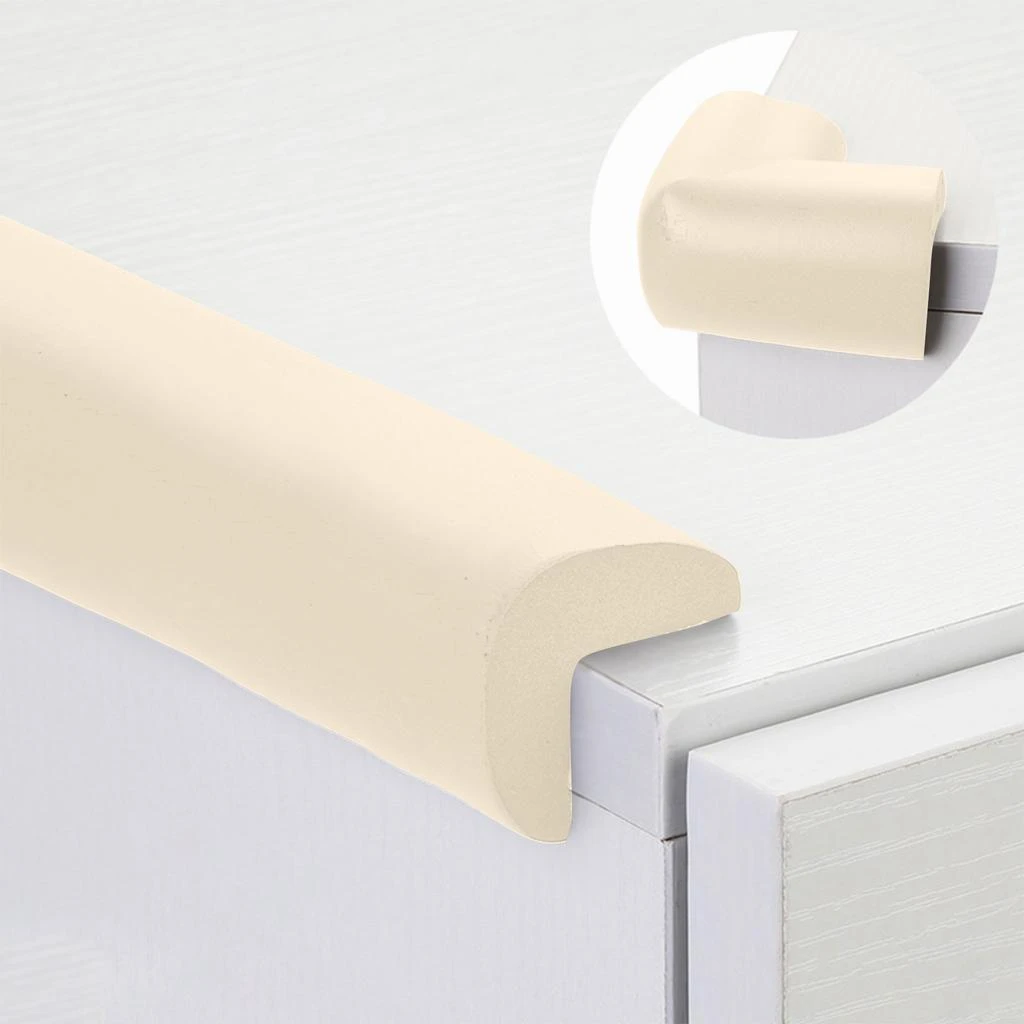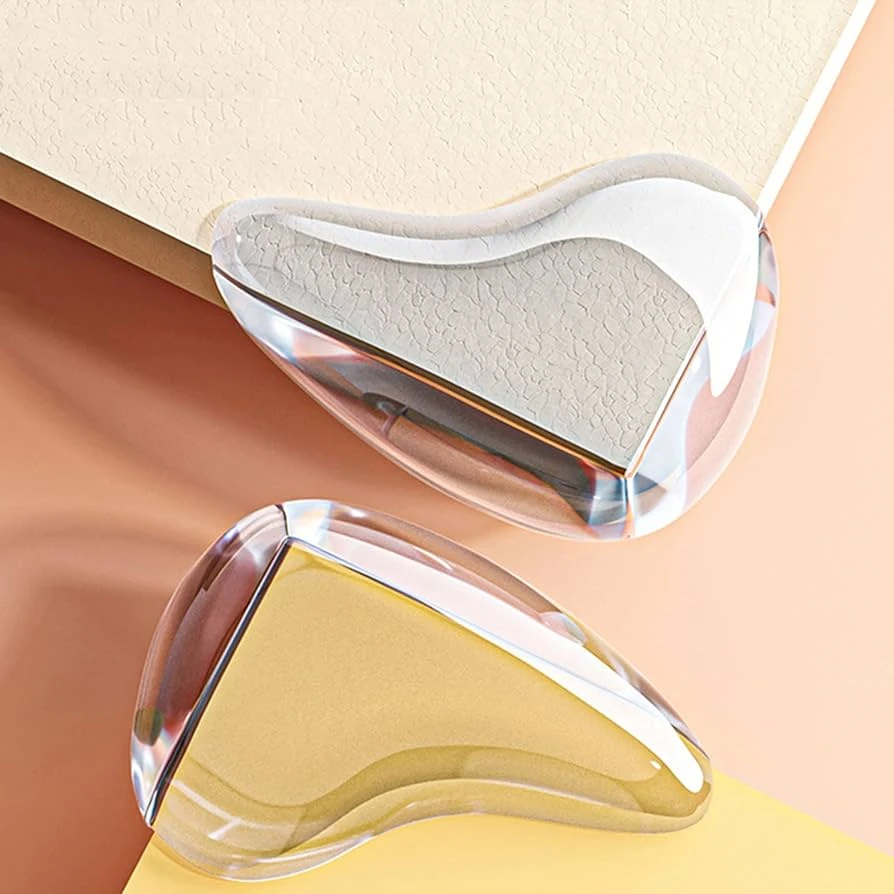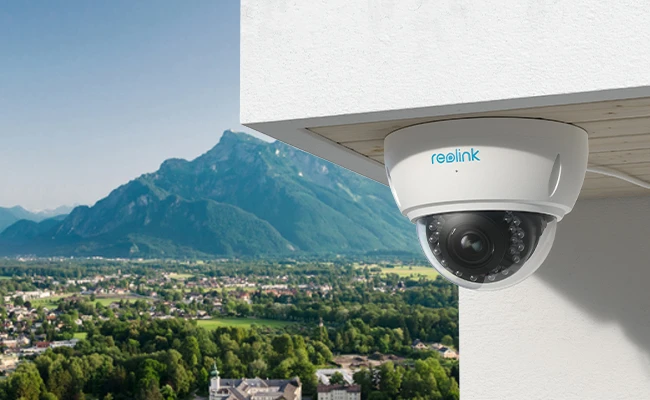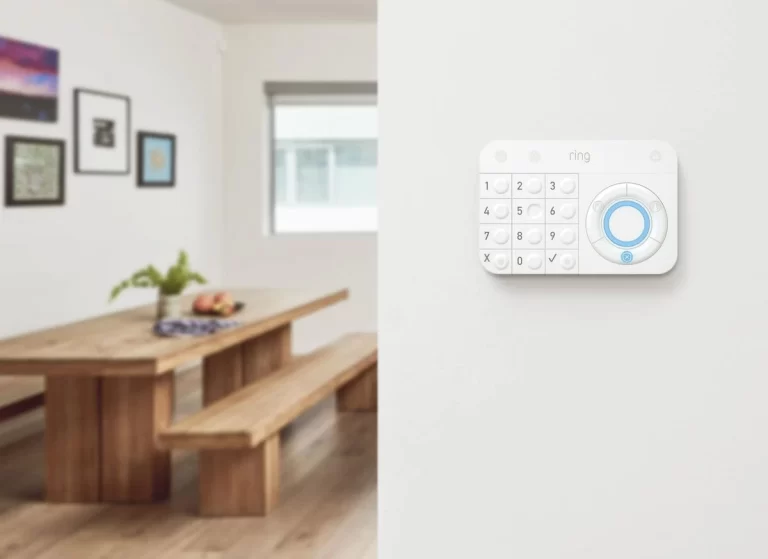How Do You Make Sharp Corners Safe?
According to the National Safety Council, around 6.6 million people in the United States alone suffer from injuries caused by household accidents annually. It is important to make sharp corners safe to prevent these accidents and protect our loved ones.
In this article, we will explore various methods and strategies to ensure the safety of sharp corners in your home.
Why Are Sharp Corners Dangerous?

Sharp corners, be it on furniture or fixtures, pose a considerable risk, especially to young children. Toddlers and infants are more susceptible to accidents due to their lack of spatial awareness and unsteady balance.
When children are playing or running around, they can easily trip and fall into sharp corners, resulting in bruises, cuts, or even more severe injuries.
Additionally, sharp corners in a busy household with adults can also be hazardous. Accidentally bumping into a sharp corner can cause painful injuries such as bruises and cuts.
Therefore, it is essential to take preventive measures to make sharp corners safer for everyone.
How Do You Make Sharp Corners Safe?

There are several effective ways to make sharp corners safe in your home. Let’s explore some of the most practical and reliable methods:
1. Corner Guards
Corner guards are soft, cushioned materials that can be attached to sharp corners, providing a protective barrier. These guards are typically made from foam or rubber and are designed to absorb impact, reducing the risk of injuries.
Corner guards come in various sizes and shapes to fit different furniture and fixtures in your home, such as tables, countertops, and cabinets.
Installing corner guards is a simple and cost-effective way to make sharp corners safer, especially in areas where children spend a lot of time.
2. Furniture Anchors
Tall and heavy furniture, such as bookshelves and dressers, can pose a significant risk if they topple over. Securing these pieces of furniture to the wall using furniture anchors can prevent accidents caused by sharp corners.
Furniture anchors are usually made of metal or durable plastic and can be easily installed. By attaching the furniture to the wall, you create a stable and secure environment, reducing the chances of accidents.
3. Rounded Edge Furniture
When purchasing new furniture, consider opting for pieces with rounded edges instead of sharp corners. Rounded edges are inherently safer than sharp corners as they minimize the impact of accidental collisions.
Look for furniture designed with safety in mind, especially if you have young children or elderly family members at home.
Rounded-edge furniture not only reduces the risk of injuries but also adds a touch of modernity and elegance to your living space.
4. Safety Padding
For areas with sharp corners that cannot be covered with corner guards, safety padding can be an excellent alternative.
Safety padding is typically made of soft, impact-absorbing materials and can be easily installed on sharp corners, edges, or even door frames.
This padding provides an extra layer of protection, reducing the severity of injuries in case of accidental collisions.
5. Regular Maintenance and Organization
In addition to physical safety measures, regular maintenance and organization play a crucial role in keeping sharp corners safe.
Ensure that furniture and fixtures are in good condition, with no loose or protruding parts that can cause injuries. Keep the house tidy and clutter-free to minimize the chances of accidental trips and falls.
Regularly inspect and repair any sharp corners that may pose a risk to the safety of your household members.
Conclusion
Safety should always be a top priority when it comes to the well-being of our loved ones. By implementing the methods discussed in this article, you can significantly reduce the risk of accidents and injuries caused by sharp corners in your home.
Whether it’s using corner guards, securing furniture with anchors, or opting for rounded-edge furniture, there are various practical ways to make sharp corners safe.
READ ALSO!!!



